This article was co-authored by Mohiba Tareen, MD and by wikiHow staff writer, Jessica Gibson. Mohiba Tareen is a board certified Dermatologist and the founder of Tareen Dermatology located in Roseville, Maplewood and Faribault, Minnesota. Dr. Tareen completed medical school at the University of Michigan in Ann Arbor, where she was inducted into the prestigious Alpha Omega Alpha honor society. While a dermatology resident at Columbia University in New York City, she won the Conrad Stritzler award of the New York Dermatologic Society and was published in The New England Journal of Medicine. Dr. Tareen then completed a procedural fellowship which focused on dermatologic surgery, laser, and cosmetic dermatology.
There are 12 references cited in this article, which can be found at the bottom of the page.
This article has been viewed 59,038 times.
Eczema, also known as atopic dermatitis, is a chronic inflammatory skin condition that causes rough, bumpy patches on the skin. Although eczema can't be spread from person to person, scratching can spread eczema across your body, and severe scratching may cause a secondary infection that is contagious to others. Prevent severe scratching by nourishing your skin and managing triggers that cause eczema flare-ups. Talk with your doctor about treatments that reduce the itchy feeling that can make your eczema worse.
Steps
Stopping the Spread of Eczema across Your Body
-
1Follow a gentle skincare routine. Avoid scrubbing your skin or using harsh cleansers. Wash your skin with mild, unscented cleansers. If you apply sunscreen or makeup, use products that don't contain oil and are labeled "noncomedogenic." Always use cool or warm water to wash your skin.[1]
-
2Moisturize itchy skin throughout the day.[2] Wash and bathe with warm, not hot, water. Once you've gently cleaned your skin, pat your skin dry and apply lotion within a few minutes of drying off. Look for moisturizers, creams, or ointments that don't have alcohol, which can dry out your skin. You'll probably want to apply a moisturizer several times throughout the day, even if you apply medicated creams to the skin.[3]Advertisement
-
3Use colloidal oatmeal. Colloidal oatmeal is made by finely grinding oats so they dissolve or suspend in water or lotions. Research shows that colloidal oatmeal has anti-oxidant and anti-inflammatory properties, which soothe itchy skin. Rub lotion that has colloidal oatmeal in it over your itchy skin. Or add dried colloidal oatmeal to a warm bath.[4]
- To soothe your skin, you could also use fragrance-free bath oils, baking soda, or vinegar in the bath.
-
4Press cool compresses against itchy skin.[5] Run cold water in a clean washcloth and wring it out. Lay this cool compress against the itchy patch of skin and hold it there until your skin stops itching. Relieving the itching feeling will keep you from scratching the skin and spreading eczema to other parts of your body.[6]
-
5Keep your fingernails short. Trim your nails on a regular basis to keep them smooth and short. This way, if you do accidentally scratch, the short nails will do less damage than long fingernails.[7]
-
6Stay hydrated.[8] It's important to drink water throughout the day so your skin stays hydrated. It's especially important to drink more water if you plan on exercising or sweating.
- You can also drink herbal teas, milk, and fruit juices.
-
7Sit outside in the sun for a few minutes every day. While too much sun exposure is bad for your skin, a few minutes of sunshine every day can help clear up your eczema and stop it from spreading.[9]
Avoiding Eczema Triggers
-
1Wear soft, breathable fabrics. Tight-fitting clothes can trap heat and moisture, which makes eczema worse. Choose clothing that fits loosely and breathes, such as cotton fabrics. Ensure that the fabric feels soft and comfortable against your skin and avoid scratchy fabrics such as wool. Remember to wash the clothing with unscented laundry detergent.[10]
- If you find that you scratch when you sleep, consider wearing lightweight, comfortable gloves to bed.
-
2Avoid heavy fragrances. Chemicals and fragrances in harsh laundry detergents, soaps, cleansers, and lotions can all make eczema worse. Wash your skin with fragrance-free cleansers and clean your home with gentle cleaning products that don't have strong fragrances, which could irritate your skin.
-
3Vacuum and dust at least once a week. If you find that pollen, mold, dust, or animal dander cause your eczema to flare up, remember to dust and vacuum your home at least once a week. You may need to do this more frequently if you have pets. Remember to wash their bedding too.[11]
- Try running an air purifier and humidifier. These will clean the air and add moisture that can make your skin feel less itchy.
-
4Manage your stress. Research has shown that stress can make your eczema worse, which could make it spread. To reduce your stress, practice several calming therapies. For example, you can:[12]
- Take deep breaths
- Go for a walk
- Take short breaks during the day
- Do something you enjoy
- Meditate
-
5Avoid tobacco smoke. Studies have linked environmental tobacco smoke with worsening eczema symptoms. If you smoke, try to quit or limit the amount you smoke. You should also avoid smoky places such as bars, restaurants, or clubs if you're experiencing an eczema flare up.[13]
Getting Medical Treatment
-
1Manage any food sensitivities. Although research is still being done, some studies suggest that severe eczema can be caused or made worse by food allergies. Food sensitivities are more likely to cause or spread eczema in children, rather than adults. Work with your doctor to identify if you're allergic or sensitive to a type of food. You may need to eliminate one of these from your diet:[14]
- Dairy
- Eggs
- Wheat
- Soy or nuts
- Seafood
-
2Apply topical corticosteroids.[15] Your doctor will examine your skin to determine how severe the eczema is. They may prescribe a prescription ointment, cream, lotion, or spray. If your eczema is mild, you might be able to buy an over-the-counter corticosteroid such as hydrocortisone. Use the corticosteroid on the irritated skin and then apply a moisturizer on top, since corticosteroids can dry out the skin.[16]
- Follow your doctor's recommendation for using the corticosteroids. In most cases, you'll only need to apply them once a day.
-
3Take oral antibiotics to stop the spread of infection. If severe scratching has caused a rash that becomes infected, your doctor will prescribe antibiotics. These will kill the bacteria that spread the infection, which makes eczema worse. Keep in mind that because of the side effects, the doctor will only prescribe antibiotics if your skin is infected.[17]
-
4Try ultraviolet (UV) light therapy. If your eczema isn't responding to medication, talk with your doctor or dermatologist about using light therapy. Research shows that UV light can relieve the itching sensation in the short term, but you'll need 2 to 6 treatments a week for 4 weeks to 3 months.[18]
- Each treatment session only lasts a few minutes.
Expert Q&A
Did you know you can get premium answers for this article?
Unlock premium answers by supporting wikiHow
-
QuestionWhat can worsen eczema?
 Mohiba Tareen, MDMohiba Tareen is a board certified Dermatologist and the founder of Tareen Dermatology located in Roseville, Maplewood and Faribault, Minnesota. Dr. Tareen completed medical school at the University of Michigan in Ann Arbor, where she was inducted into the prestigious Alpha Omega Alpha honor society. While a dermatology resident at Columbia University in New York City, she won the Conrad Stritzler award of the New York Dermatologic Society and was published in The New England Journal of Medicine. Dr. Tareen then completed a procedural fellowship which focused on dermatologic surgery, laser, and cosmetic dermatology.
Mohiba Tareen, MDMohiba Tareen is a board certified Dermatologist and the founder of Tareen Dermatology located in Roseville, Maplewood and Faribault, Minnesota. Dr. Tareen completed medical school at the University of Michigan in Ann Arbor, where she was inducted into the prestigious Alpha Omega Alpha honor society. While a dermatology resident at Columbia University in New York City, she won the Conrad Stritzler award of the New York Dermatologic Society and was published in The New England Journal of Medicine. Dr. Tareen then completed a procedural fellowship which focused on dermatologic surgery, laser, and cosmetic dermatology.
FAAD Board Certified Dermatologist
-
QuestionWhat foods can help with my eczema?
 Mohiba Tareen, MDMohiba Tareen is a board certified Dermatologist and the founder of Tareen Dermatology located in Roseville, Maplewood and Faribault, Minnesota. Dr. Tareen completed medical school at the University of Michigan in Ann Arbor, where she was inducted into the prestigious Alpha Omega Alpha honor society. While a dermatology resident at Columbia University in New York City, she won the Conrad Stritzler award of the New York Dermatologic Society and was published in The New England Journal of Medicine. Dr. Tareen then completed a procedural fellowship which focused on dermatologic surgery, laser, and cosmetic dermatology.
Mohiba Tareen, MDMohiba Tareen is a board certified Dermatologist and the founder of Tareen Dermatology located in Roseville, Maplewood and Faribault, Minnesota. Dr. Tareen completed medical school at the University of Michigan in Ann Arbor, where she was inducted into the prestigious Alpha Omega Alpha honor society. While a dermatology resident at Columbia University in New York City, she won the Conrad Stritzler award of the New York Dermatologic Society and was published in The New England Journal of Medicine. Dr. Tareen then completed a procedural fellowship which focused on dermatologic surgery, laser, and cosmetic dermatology.
FAAD Board Certified Dermatologist
Warnings
- If your eczema has red streaks or pus, or if you develop a fever, get medical treatment as soon as possible. These things are a sign of a secondary infection.⧼thumbs_response⧽
References
- ↑ https://kidshealth.org/en/parents/eczema-atopic-dermatitis.html
- ↑ Mohiba Tareen, MD. FAAD Board Certified Dermatologist. Expert Interview. 26 March 2020.
- ↑ http://kidshealth.org/en/parents/eczema-atopic-dermatitis.html#
- ↑ https://www.aad.org/public/diseases/eczema/childhood/itch-relief/home-remedies
- ↑ Mohiba Tareen, MD. FAAD Board Certified Dermatologist. Expert Interview. 26 March 2020.
- ↑ https://nationaleczema.org/eczema-exercise/
- ↑ https://www.niaid.nih.gov/diseases-conditions/eczema-treatment
- ↑ Mohiba Tareen, MD. FAAD Board Certified Dermatologist. Expert Interview. 26 March 2020.
- ↑ https://www.betterhealth.vic.gov.au/health/conditionsandtreatments/eczema-atopic-dermatitis
- ↑ https://www.aad.org/public/diseases/eczema/childhood/itch-relief/home-remedies
- ↑ https://www.betterhealth.vic.gov.au/health/conditionsandtreatments/eczema-atopic-dermatitis
- ↑ https://my.clevelandclinic.org/health/diseases/9998-eczema
- ↑ https://www.ncbi.nlm.nih.gov/pubmed/14746624
- ↑ https://dermnetnz.org/topics/treatment-of-atopic-dermatitis
- ↑ Mohiba Tareen, MD. FAAD Board Certified Dermatologist. Expert Interview. 26 March 2020.
- ↑ https://www.niaid.nih.gov/diseases-conditions/eczema-treatment
- ↑ https://www.consumerreports.org/eczema/to-treat-eczema-in-kids-skip-the-antibiotics/
- ↑ https://www.ncbi.nlm.nih.gov/pubmedhealth/PMH0091221/
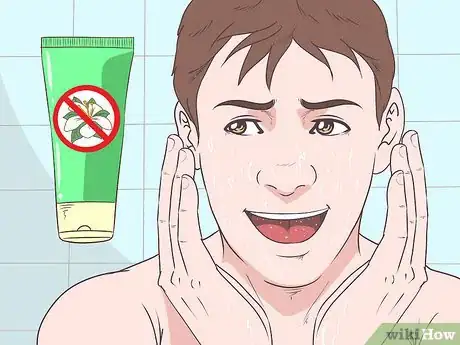
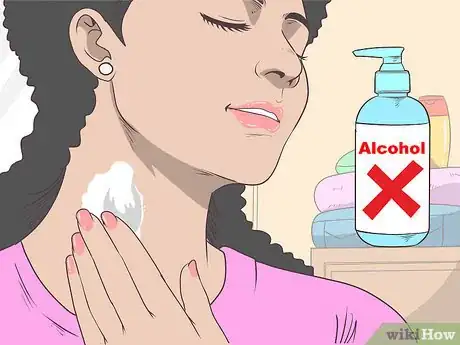

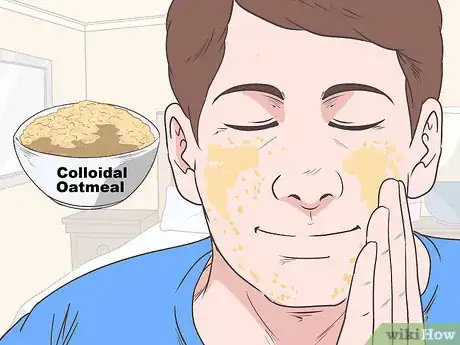
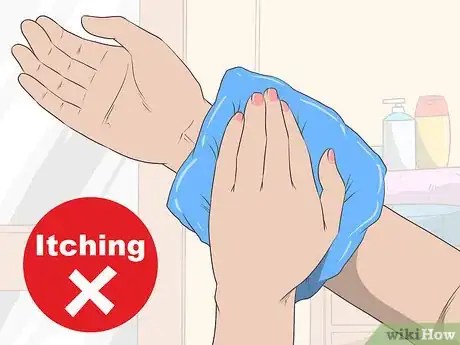
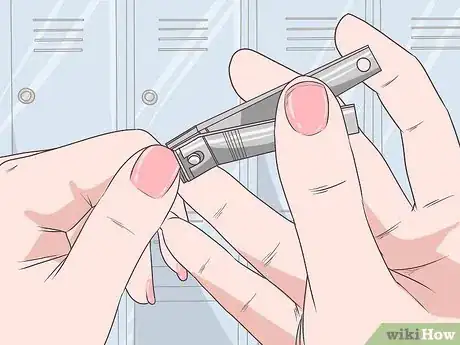
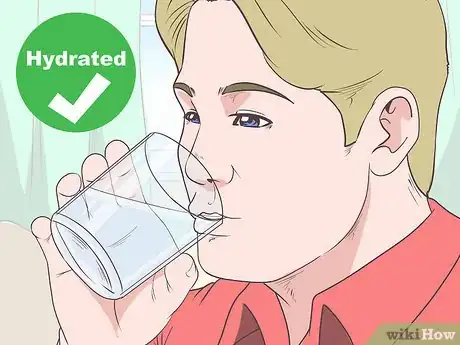

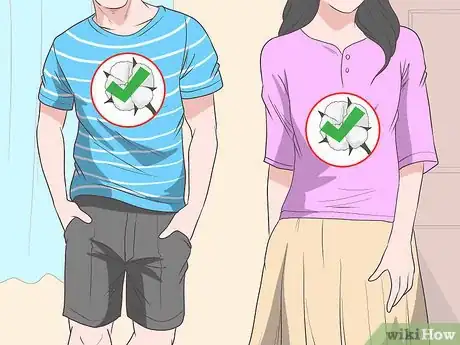
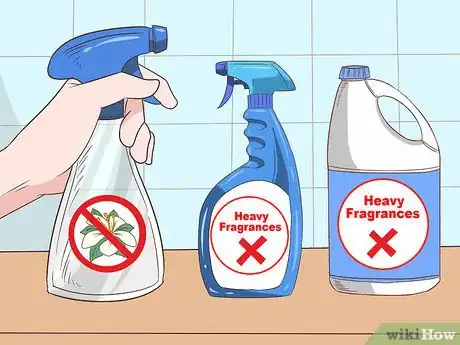
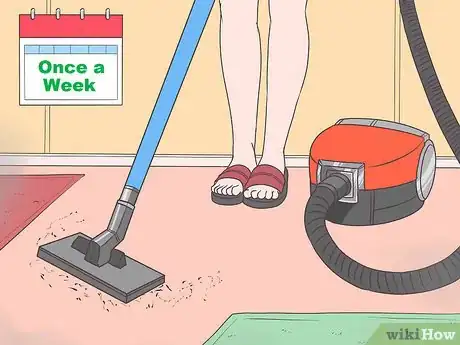



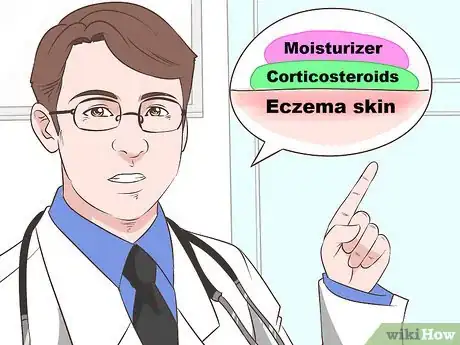

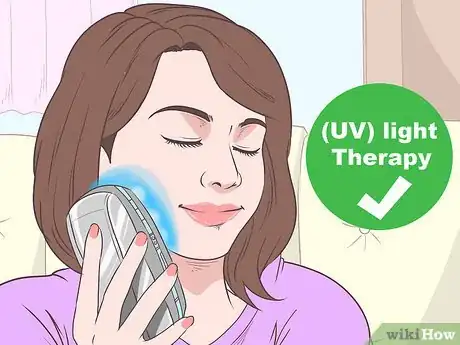

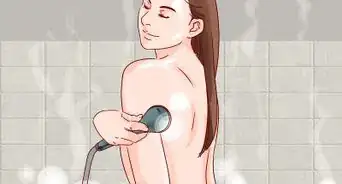
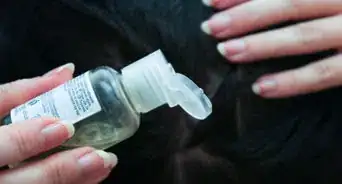
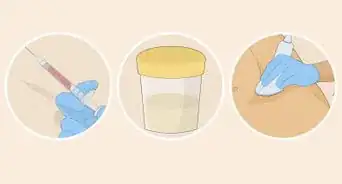
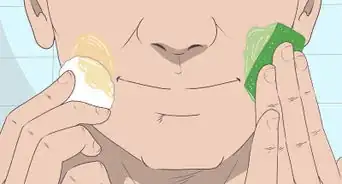


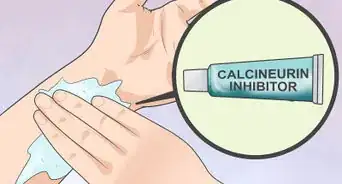

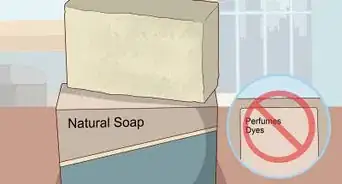












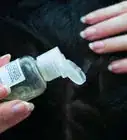





































Medical Disclaimer
The content of this article is not intended to be a substitute for professional medical advice, examination, diagnosis, or treatment. You should always contact your doctor or other qualified healthcare professional before starting, changing, or stopping any kind of health treatment.
Read More...